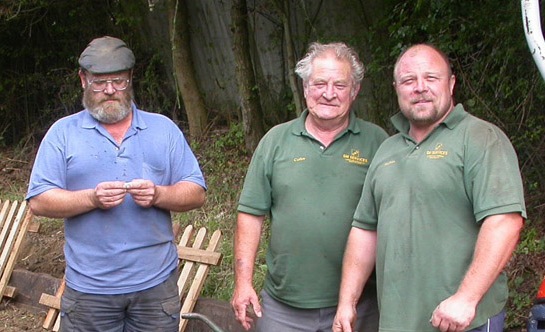One of the challenges facing people who’ve started their own businesses is re-entering the broader workforce. Many managers are reluctant to hire previously self employed workers; the PayPal experience shows that attitude could be hurting working
At the Dreamforce Conference in San Francisco yesterday three PayPal alumni, part of Silicon Valley’s infamous ‘PayPal Mafia’, discussed why the company was such a successful incubator of talent.
“The company was composed of a bunch of young folks who were very driven,” said founder of LinkedIn and early PayPal employee, Reed Hoffman. “Once they sold the business to eBay they weren’t the type to retire.”
Along with PayPal’s founders being driven, the company also tended to hire people who had run their own businesses but were finding the going tough in the economy at the time; “Silicon Valley was collapsing under its own weight,” observed PayPal founder and fellow panellist Max Levchin.
“There was a lot of running for safety in the Valley,” Levchin remembers. “We were looking for people who were into risk taking and were excited to take a risk and this would be the last company they worked for because the next one would be their own. As a result we biased the selection towards entrepreneurs.”
Copying that hiring practice today is Stripe where co-founder John Collison told Decoding the New Economy last month that one of the keys to managing a fast growth business is to hire entrepreneurs and former self employed workers.
“They are self starters; they don’t need much supervision,” said Collison in describing how hiring people who’ve run their own businesses makes running a business that has gone from ten to 150 employees in three years.
it’s no coincidence that one of the investors in stripe is Peter Theil who along with Levchin founded PayPal and is probably the best known of the ‘PayPal mafia’.
PayPal and Stripe’s experience show the folly of overlooking workers who’ve run their own businesses; in a world where business is becoming more competitive, having entrepreneurial employees is an asset too good to miss out on.

Leave a Reply